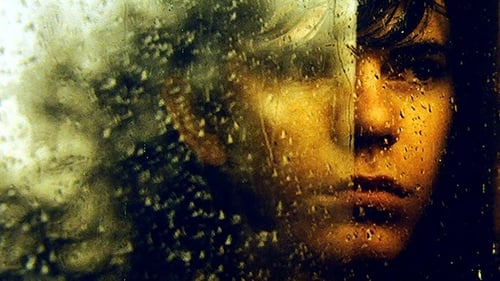
Three prisoners, Combe from Rijeka, Menso from Bosnia, and Bogart from Belgrade, escape from prison. Their final destination is the city of their dreams - Hamburg. They temporarily part ways and agree to meet at the train station in Zagreb. First, each of them goes to his hometown. From there on, we follow three separate stories. In the first, Combe, in the shady harbor district of Rijeka, tries to get back at his former crime partner, Mrvi, who turned him in to the police. In the second story, we witness Mensa's relationship with his wife Riza and their children in a small Bosnian village. The third story depicts Bogart's love affair with a young teacher in a Belgrade suburb. Afterwards, at the train station in Zagreb, Bogart finds out from the newspaper that the police caught his friends. At the last minute, he changes the original plan.

A village blacksmith Sekula, hard-muscled but soft-hearted, has terrible luck when it comes to love. Many women pass through his house - a local spinster of ill health, a belly dancer, a veterinarian experienced in the castration of bulls a singing star-to-be - but stay just long enough to give birth to another child, only to then run away.

Berberin Hamdo
Tito's break-up with Stalin in 1948 marked the beginning of not only confusing, but also very dangerous years for many hard-core Yugoslav communists. A careless remark about the newspaper cartoon is enough for Mesha to join many arrested unfortunates. His family is now forced to cope with the situation and wait for his release from prison.

Škembe
A young man grows up in Sarajevo in the 1960s, under the shadow of his good, but ailing father, and gets attracted by the world of small-time criminals.

The story published in 1921 follows Corkan, general scapegoat in Visegrad, a figure of fun who himself joins in the mockery. The object of his obsession is physically inaccessible: a tightrope walker in an Austrian circus company visiting Visegrad.



